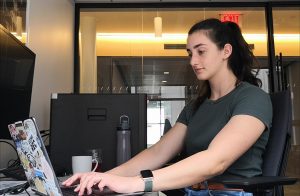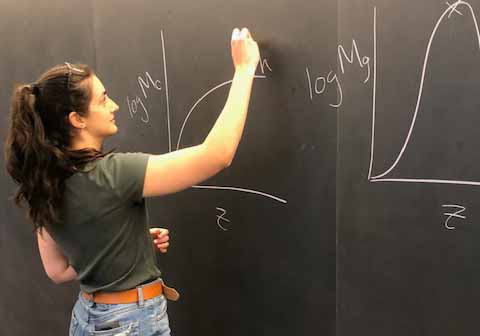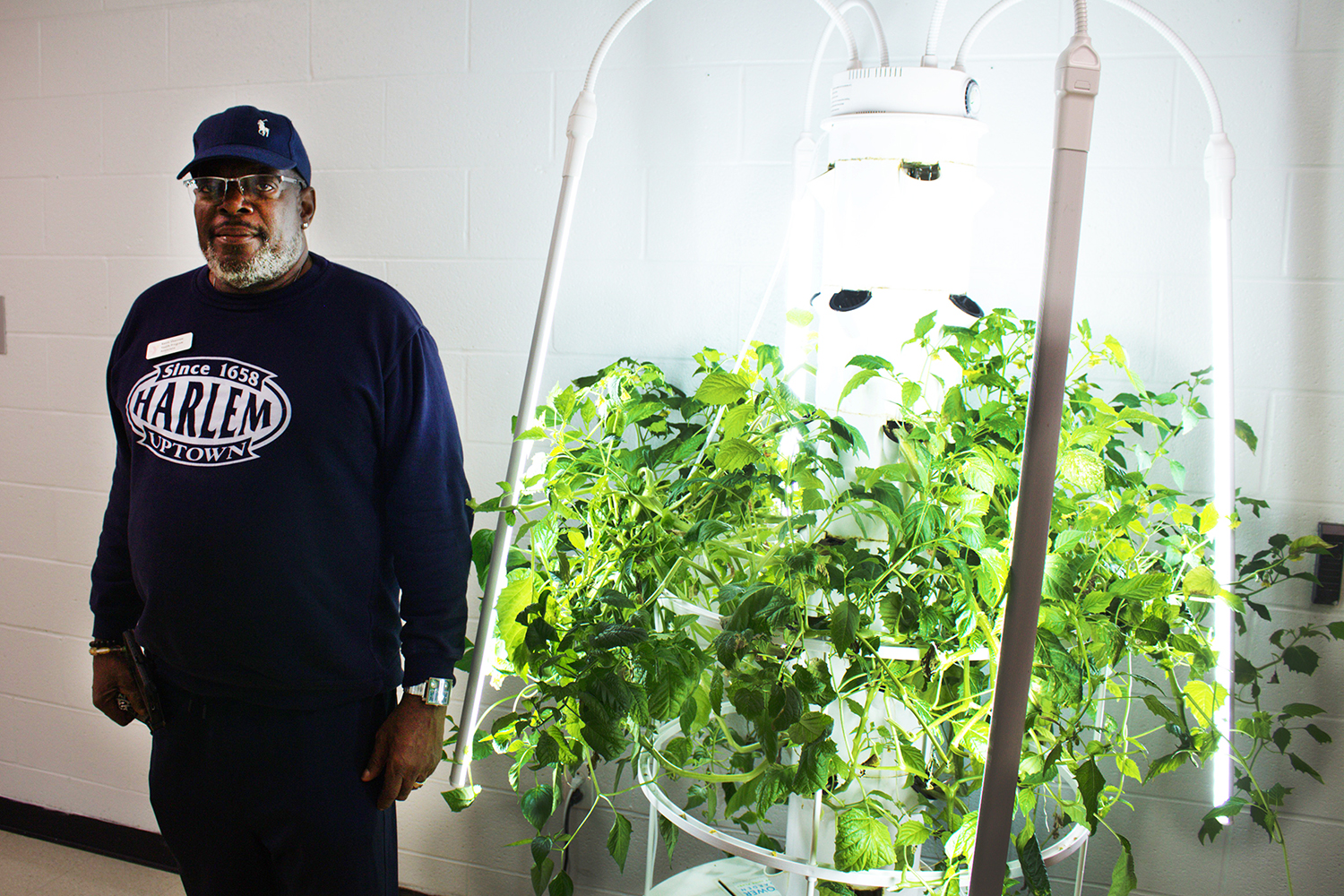UConn’s Office of Undergraduate Research each year provides Summer Undergraduate Research Fund (SURF) awards to support full-time undergraduate students in summer research or creative projects – an initiative that continues this year, despite the challenges presented by the COVID-19 pandemic.
SURF awards are available to students in all majors at all UConn campuses. A faculty committee representing various schools and colleges reviews the students’ project proposals, and SURF award recipients are chosen through a competitive process. Each SURF award winner is supervised by a UConn faculty member.
This summer, UConn Today will once again take a look at various 2021 SURF scholars and their work.
Name: Nicole Khusid
Hometown: Newtown, Pa.
Year: Rising Senior
Major: Physics and computer science
Summer research project: Khusid is doing research on multimessenger gravitational wave signals from strongly-lensed supermassive black hole binaries with faculty mentor Chiara Mingarelli, an assistant professor in the Department of Physics.

Can you tell us about the research you are doing this summer?
In broad terms, I am looking at the strong gravitational lensing of gravitational waves from supermassive black hole binaries. Binaries are two supermassive black holes that are orbiting around one another that arise from when two galaxies have merged.
Essentially, in the same way that light coming from any source in space can be lensed by large objects like galaxies or galaxy clusters, gravitational waves from sources can be lensed as well. Their amplitudes can be magnified basically in the same way, and that would allow us to detect their sources to a deeper point in the universe then we are capable of doing now. My work is laying the framework for the future when telescopes go live that will allow us to collect the data to actually look for these sources. I am establishing the groundwork for how many of these sources can we expect to find, how they are distributed throughout the universe, and how much deeper will strong lensing allow us to look for gravitational waves in the universe, especially from sources that are binaries of supermassive black holes.
How does research work differ from that done in the traditional classroom?
I like doing research because it depends on me having to go out and look for information on my own. The answers are not given through a set of equations. It really depends on critical thinking and having to decide what the right approach may or may not be. I actually like that it takes many tries to get one thing right. A lot of times the approach can be wrong, but you learn from every step of the way. It is a huge learning process. I’m a still a student in research in the same way that I am a student in the classroom, because I am learning from mistakes and changing my approach along the way. But, not everyone agrees on one right answer, especially for problems we haven’t gotten to the bottom of, which is something I am working on. My problem is the kind of research we don’t have answers to right now. So it’s cool to be able to talk to other scientists and get different ideas.
How did you get interested in this subject? What are your future plans?
My research advisor was my professor for the Intro to Astrophysics course that I took last fall. I’ve always been interested in space and astronomy and I took this class to start pursing an astrophysics minor. The material was so interesting to me. Early on in the semester, Professor Mingarelli asked me if I would be interested in joining her research group and of course, I said yes. From then on, I have been building up to the work I am doing now.
In terms of future plans, basically – this. I would love to keep doing research in this field – astrophysics broadly, but specifically black holes and gravitational waves. I hope to go to graduate school and beyond that, pursue a lifetime of learning and researching.
How did you pick UConn for your undergraduate studies?
It’s a cliché thing to say, but it came down to visiting campus and interacting with some of the people. Everyone was so nice – the weather wasn’t even that great. Everyone was so kind and enthusiastic and it felt like a very close knit community, despite its size. It felt like home.



